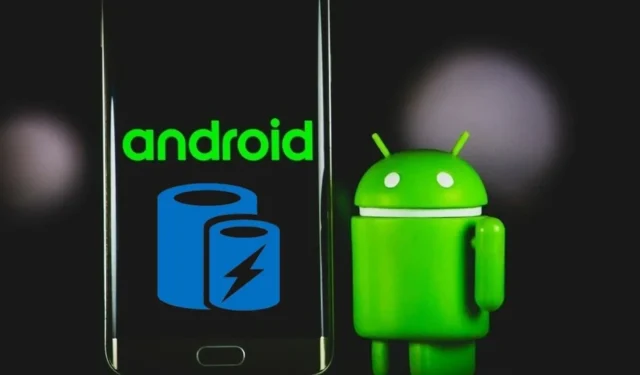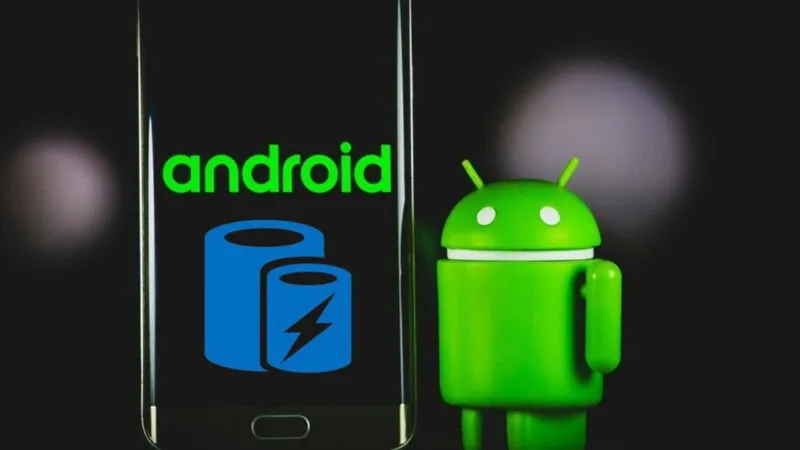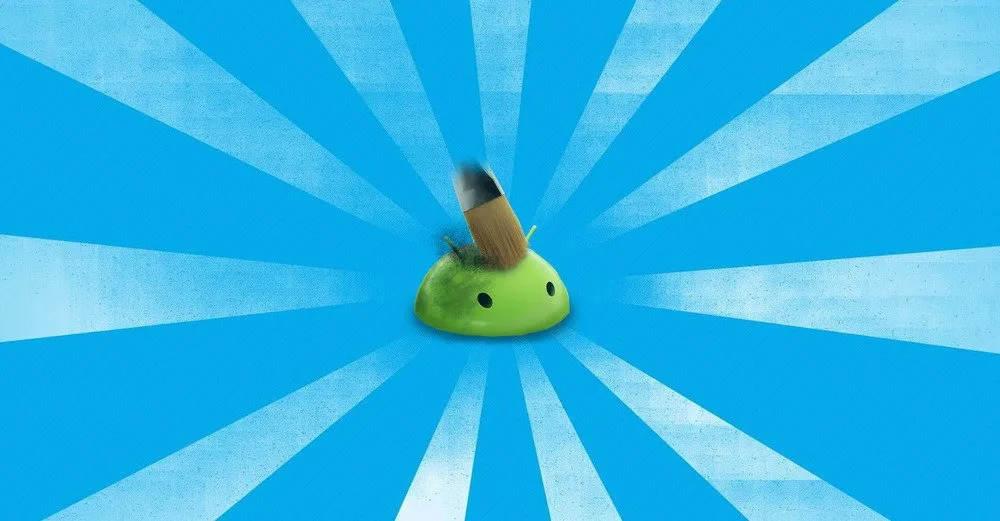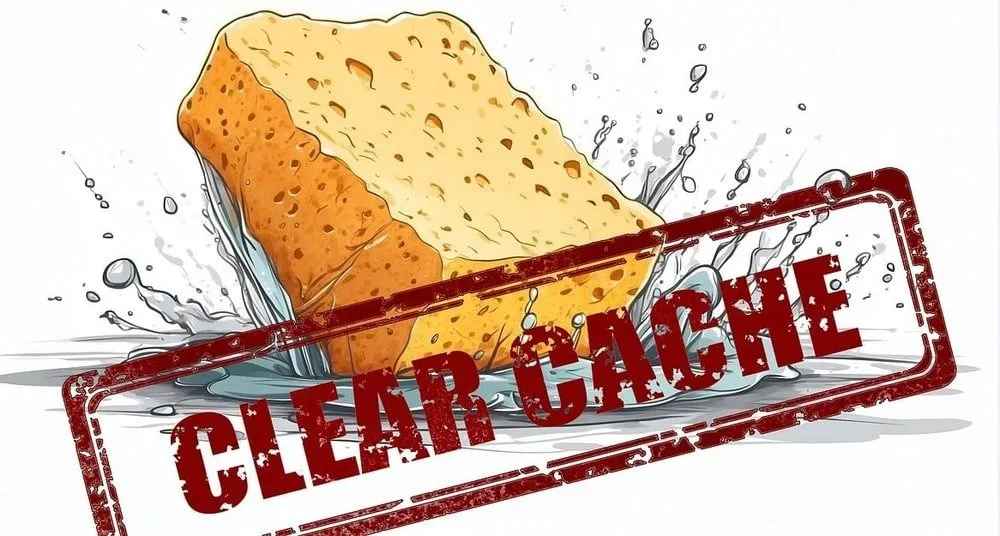What Is App Cache on Android and How to Properly Manage It


Deleting the Android app cache is a common recommendation to fix performance issues. But if this cache is meant to be deleted, why does it exist in the first place? The answer is more complex than it seems, and we’ll explore it in this post.
What is App Cache on Android?
App cache is a dedicated space on your phone’s internal storage where apps/games store temporary data. This data could be scripts, images, HTML files, and other media content. Its main purpose is to boost performance and loading times, and removing the need to download data repeatedly.
For example, web browsers can store web pages, images, and scripts to load websites faster on subsequent visits. A video game can store image assets, textures, sprites, audio clips, UI elements, etc. to load them faster next time.
It’s considered temporary data as deleting it won’t affect your app function or personal data.
Benefits of Android App Cache

App data caching has been a core functionality of Android since its inception, so it’s a given that it has many benefits. Below are some of the most prominent benefits of app cache on Android:
- Increased speed and responsiveness: Since there is no need to download data every time, things will load faster and the UI will feel more responsive.
- Reduced data usage: as data is available locally, there will be less internet data usage. This can be great when you have a limited data plan.
- Offline access: for some apps, the app cache can also let you access important data offline. This is particularly useful for apps that handle media, documents, or maps.
- Less impact on system resources: downloading and loading data not only impacts internet bandwidth but also CPU resources as it needs to run extra background tasks. By skipping the download process, it saves CPU resources which also leads to lower battery consumption.
- Fallback mechanism: if there is a problem with accessing live data, an app can fall back to cached data to keep functioning instead of giving an error. Like being able to access a cached webpage even when offline or having a slow connection.
Downsides of App Cache on Android

Despite its usefulness, the app cache can cause issues too. This is why deleting the app cache can often fix buggy apps and improve performance. Here are some notable downsides to app cache:
- Consumes too much storage: an app’s cache can easily be hundreds of MBs in size, and some can even take up GBs of storage space. This can lead to storage-related problems like less space for system functions, new apps, and updates. If there is too much cache data, it can also lead to fragmentation even on the flash memory of Android phones.
- Impacts RAM: many apps preload parts of cached data in the RAM for faster access. When you have too much cached data from an app, it can also consume more RAM while active and in the background. If you suddenly notice an app/game starting to freeze or be less responsive, it’s probably due to this.
- Outdated/corrupted app cache: sometimes, outdated or corrupted cache data can cause issues with apps not loading new content or rendering pages incorrectly. This is why people often recommend deleting the cache of buggy apps.
- Privacy and security risks: even though the app cache holds only temporary data, it can include sensitive data like documents or browser history. If your phone gets compromised, any person/app with malicious intent can access this data.
Although very rare, it’s also possible you may lose important data while clearing the cache, if the developer doesn’t manage it properly. Developers can choose to store data like setting preferences, game progress, or draft messages in the cache, which are all important data you don’t want to lose.
When to Keep or Clear Android App Cache
Generally, you shouldn’t clear the app cache unless you face issues related to storage, RAM, or faulty apps. If your phone has sufficient storage and RAM, then clearing the cache won’t offer better performance. Rather, on the contrary. You will also lose the performance boost from keeping the app cache.
However, if you notice any buggy app – like WhatsApp calls showing a black screen or missing profile photo – then you should try clearing the cache of that specific app to see if it fixes the issue.
Even if your phone has limited storage and RAM, I will still recommend you clear the cache of apps consuming the most storage rather than deleting the cache of all apps.


Deixe um comentário